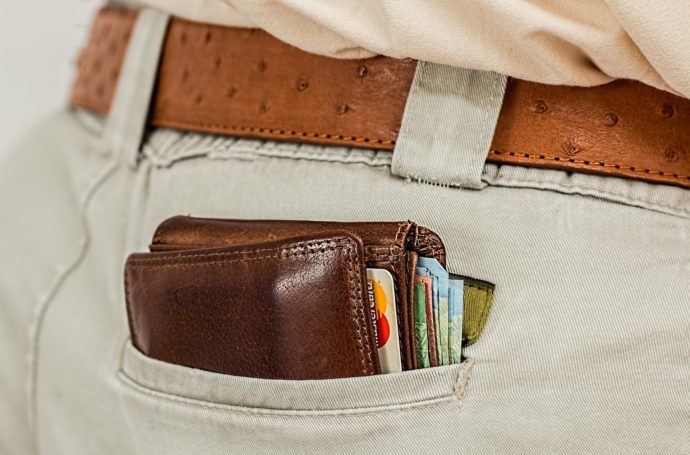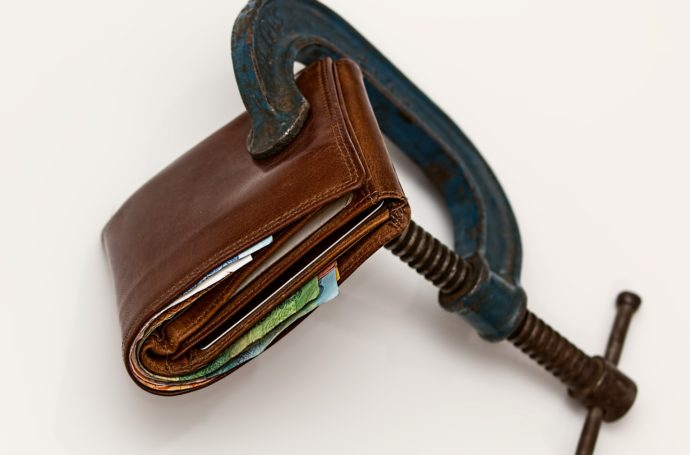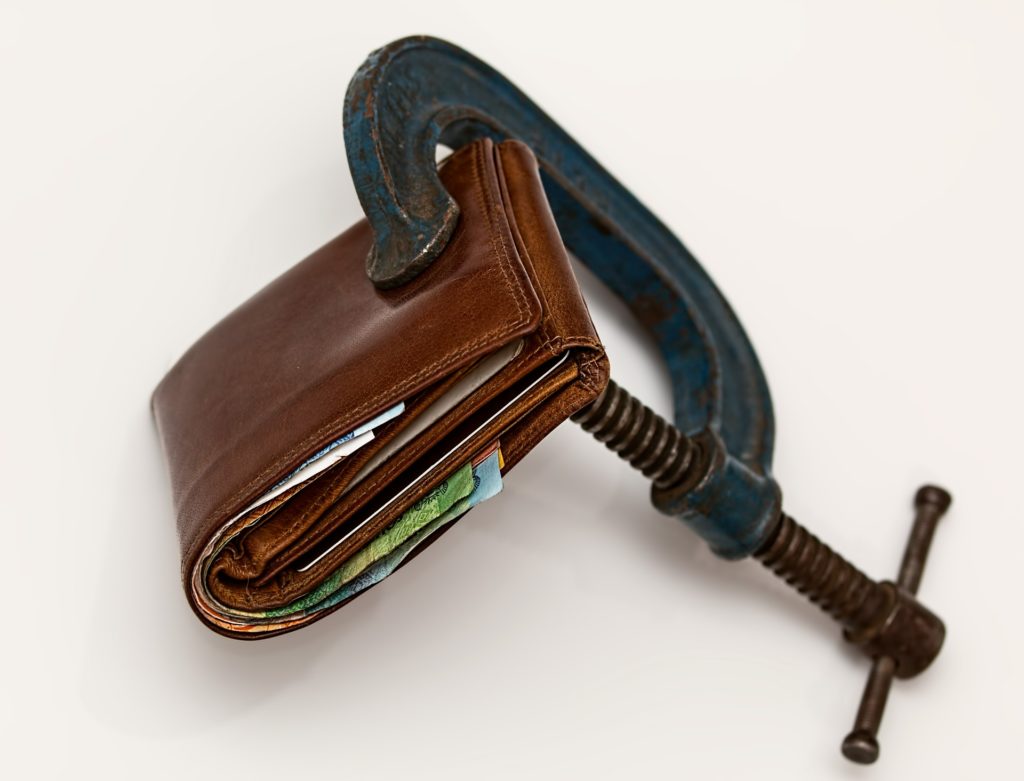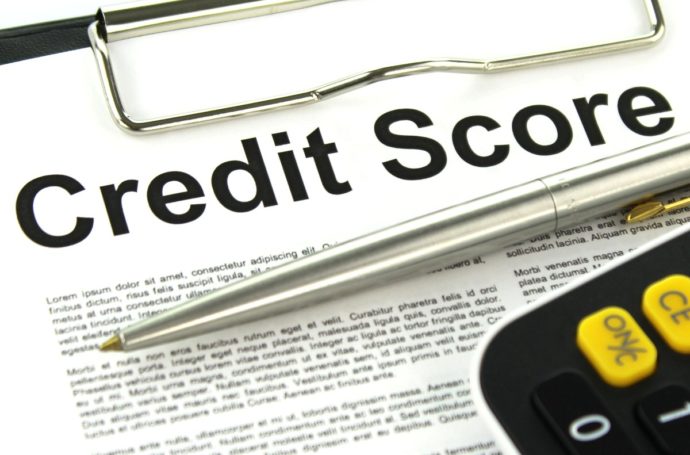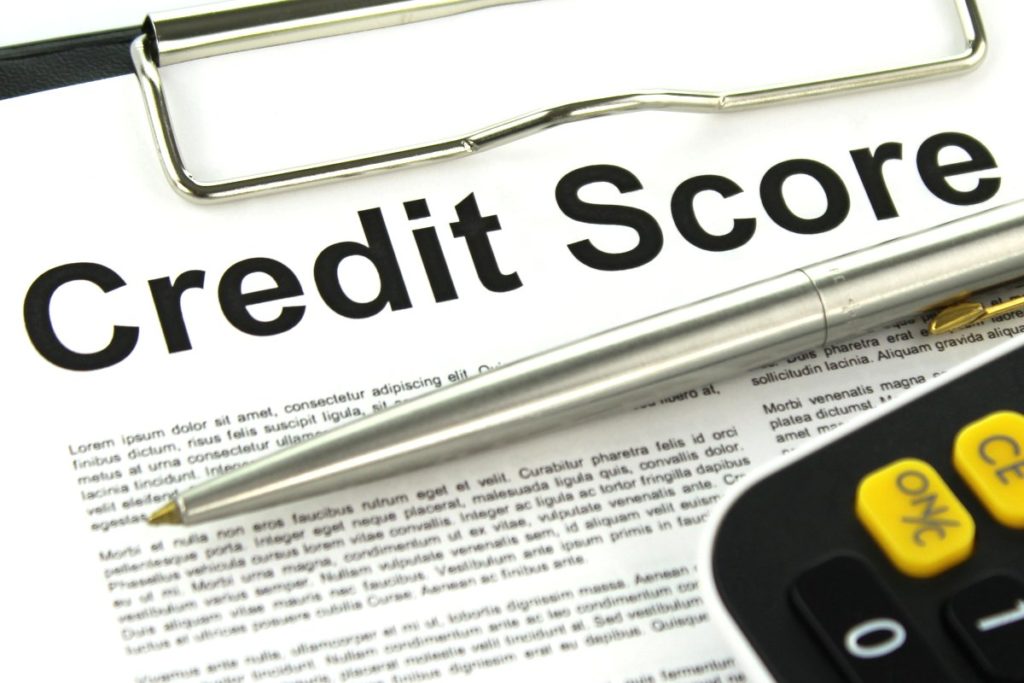
If you are new to the world of investment, selecting a stockbroker that aligns with your own personal needs and investing style can define your success or failure. If you want to make money through investing, you need a brokerage service that is in line with your investment goals, level of experience and educational needs. Choosing a broker who has a diverse range of features and tools like those that are found on the FXTM web trader can make all the difference in your new venture.
While all investment should be based on research and skill, the first step on the way to profitability should always be finding the right online brokerage service for your particular needs. That is why we have decided to put together a short guide to help you assess what it is that you personally require from your ideal brokerage. Read on to find out more.
1. What Are the Broker’s Fees?
The first question that you will probably ask when choosing a broker will probably have to do with fees. There can be a significant difference between what online brokers currently licenced in to operate in South Africa charge in trading fees, commission, spread, financing rates and currency conversion fees. It is best to shop around in order to compare prices to see what type of fee structure best suits you.
2. Does the Broker Deal in the Assets Types That Interest You?
Finding a brokerage that allows the option to trade in the types of financial instruments that interest you is crucial. While most online brokerages deal in stocks, bonds, mutual funds and ETF, only a select few allow you to trade in futures, options and forex. Make sure you check that you a brokerage has the trading options you want before you go through a lengthy verification process.
3. Are There Available Advisory Services?
If you are new to trading, the jargon that you have to get to grips with can be bewildering. You are probably going to need a bit of guidance or at least a sounding board to which you can the field questions and queries that you have about how things work. Many of the better online brokerage services today will provide you with tutorials and account managers to help you on your way to becoming an expert.
4. Which Type of Account?
There are two main types of account that are generally offered by online brokerages. A cash account will allow you to deposit funds and then buy stocks to the amount of money that you have in your account. A margin account, on the other hand, allows you to borrow money from your broker to buy stocks with leverage.
5. Does the Platform Include Research Tools?
Make sure that your broker operates a system of research tools that you feel comfortable with. The charts and graphs showing stock price changes over time should be easy to use and give you all the information you need to feel confident that you have covered all the bases when you buy into a position.
6. How Good is Customer Service?
It does not matter how good an app or service is, there may still come a time when you need to contact customer service to clear something up. When this happens, there is nothing more annoying than not being able to get in touch with a human to straighten the issue out. Choose wisely as some of the cheaper online brokerage services run customer service with limited hours as a means of keeping trading costs competitive.
7. Do You Want Banking Services?
Many stockbrokers offer the opportunity to open a checking account. If you think this will be more convenient for your situation, do some research into what kind of deals these brokers are offering on banking services and how they compare to your current bank.




 Learning to properly manage the money you have makes a huge impact on where you end up in life. If you can’t get a hold on your finances, you will spend your life juggling payments and debts.
Learning to properly manage the money you have makes a huge impact on where you end up in life. If you can’t get a hold on your finances, you will spend your life juggling payments and debts. 

